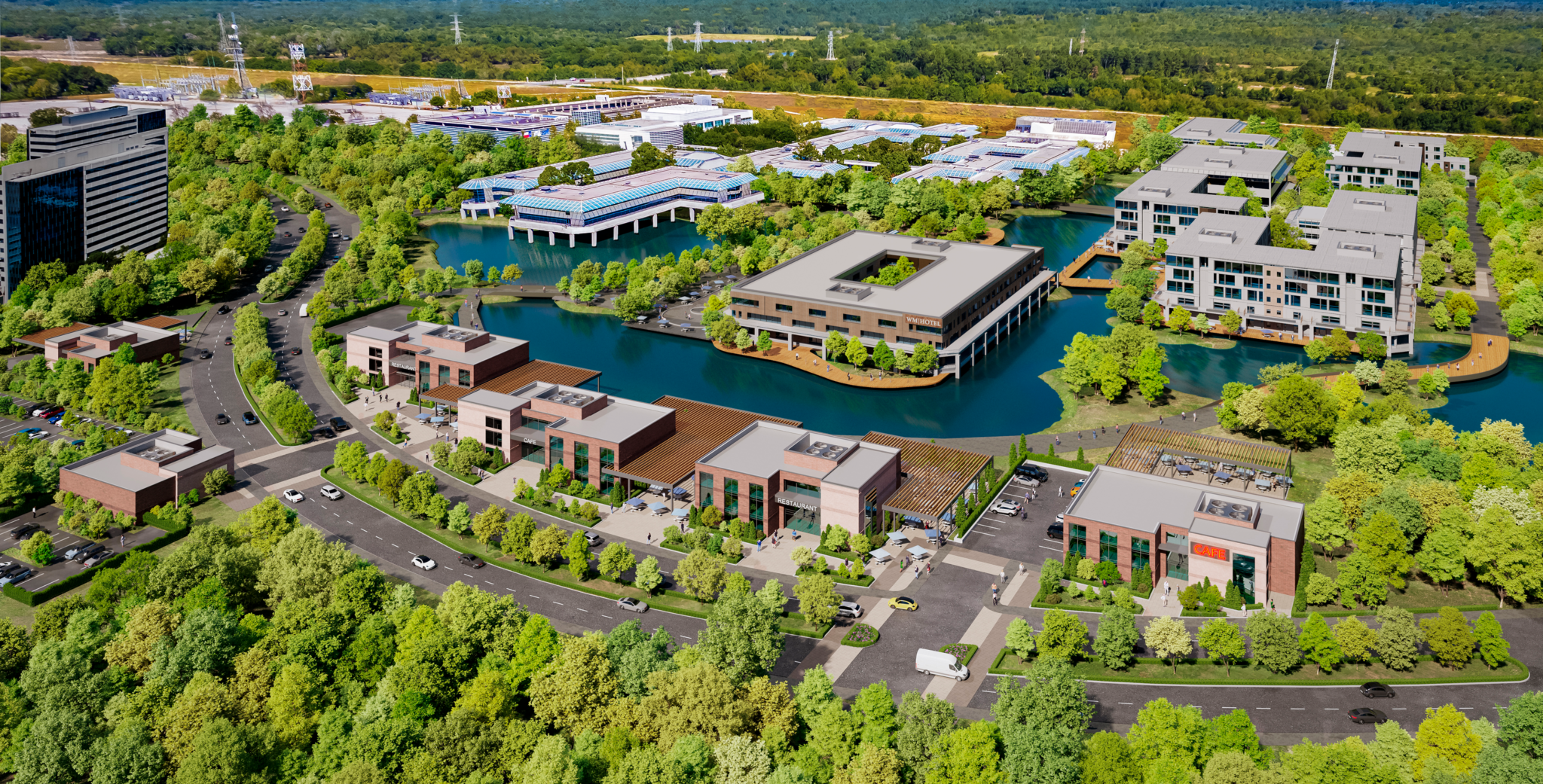Inside Texas' Proposed Funding for Water Infrastructure
Published Feb 20, 2025 by Jordan Overturf
Texas Sen. Charles Perry has a lot to say about water. As the Senate Committee on Water, Agriculture, and Rural Affairs Chairman, he leads the upper chambers' efforts to prioritize water resources. He’s also the author of the much-anticipated Senate Bill 7 and the unnamed Senate Joint Resolution that will propose a constitutional amendment for $1 billion in dedicated funding each year for the Texas Water Fund.
While the policy world waits for the official release of the SB 7 text and the accompanying SJR, Sen. Perry has laid out his case for the legislation in public forums and committee hearings. Last week, during a conversation with The Texas Tribune, Sen. Perry outlined the foundational components of what SB 7 and the “Texas-sized investment” in water seek to achieve.
Predictability and Reliability
The legislature proposes $2.5 billion in the budget (either the supplemental or 2026-27 biennial budget) and will propose $1 billion per fiscal year for the Texas Water Fund. During the conversation with the Tribune, Perry said the amount could be higher.
More importantly, he outlined the foundation of what those funds are genuinely providing: predictability and reliability.
The chairman noted that Texas’ business-friendly climate is based on those two principles, which can apply to everything from power and water to taxes and regulations. Predictability and reliability for water resources, including fixing aging infrastructure and building out production innovations, will be the key to continuing to grow the "Texas Miracle."
How is it structured?
The proposed investment in water is divided into three sections: the enabling legislation, the constitutional proposition, and the funding in the budget.
Senate Bill 7 will outline the framework for how the state will prioritize and authorize funding for various projects through the Texas Water Fund.
The accompanying Senate Joint Resolution, yet to be filed, will outline the language for the constitutional proposition that, if approved, will go before voters this November. If passed, it would authorize $1 billion per fiscal year in dedicated funding for the Texas Water Fund—similar to Proposition 7 in November 2023, which established the fund and allocated an initial $1 billion investment.
This investment would be in addition to the more than $500 million proposed for the Water Development Board and Soil and Water Conservation Board for flood mitigation, wastewater projects and more.
 The Houston Report
The Houston Report




















